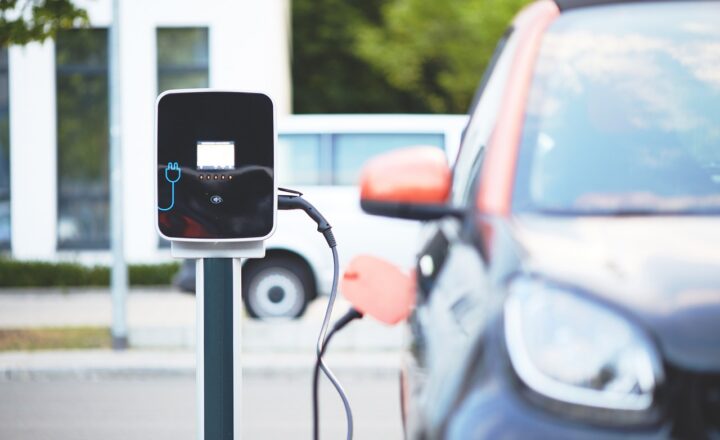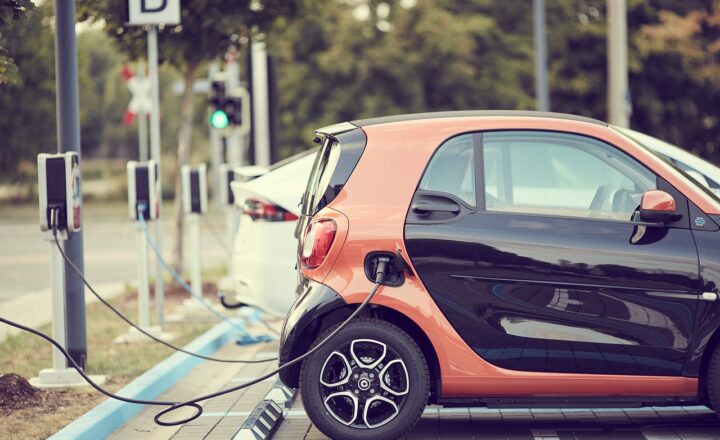
Electric cars (EVs) have made significant strides in the automotive market over the past decade. Once the realm of tech enthusiasts and environmental advocates, electric vehicles have become a viable option for the everyday driver. The financial benefits of owning an electric car are becoming increasingly appealing, making it a sensible choice for many consumers. In this extensive article, we will delve into the various financial benefits associated with owning an electric car, helping you better understand why making the switch could be one of the most economical decisions you can make.
1. Lower Fuel Costs
One of the foremost financial advantages of owning an electric car is the significant reduction in fuel costs. Traditional gasoline-powered vehicles rely on fossil fuels, which can be costly and subject to volatile price fluctuations. Conversely, electric cars use electricity as their primary energy source; charging them is generally cheaper than filling up a gas tank.
*Cost of Electricity vs. Gasoline:**
The average cost to charge an electric vehicle is often much lower than the equivalent cost of gasoline. For example, while gas prices may fluctuate, the price of electricity is relatively stable, and many EV owners charge their cars at home during off-peak hours, further reducing costs.
* According to the U.S. Department of Energy, the average cost of electricity is around $0.13 per kWh. Charging an electric vehicle can cost approximately $4 to $6 for a full charge (depending on the battery size), significantly less than the cost of filling a gas tank.
Energy Efficiency:*
Electric vehicles convert more than 70% of the electrical energy from the grid to power at the wheels—more than three times the efficiency of traditional gasoline vehicles.
2. Government Incentives and Tax Credits
Many governments worldwide offer financial incentives to encourage the adoption of electric vehicles, making them more affordable for consumers. Here are some key points regarding available incentives:
Federal Tax Credits:*
In the United States, buyers of electric vehicles can qualify for a federal tax credit of up to $7,500, depending on the make and model of the vehicle. This tax credit is designed to lower the initial purchase cost and stimulate EV adoption.
* Note that the eligibility for these credits can fluctuate based on the manufacturer and the rate of vehicles sold, so always verify the current status before purchasing.
State and Local Incentives:*
Many states and localities offer additional rebates, tax credits, and incentives for electric vehicle purchases, which can further reduce the overall cost.
Reduced Fees:*
Some governments offer reduced registration fees for electric vehicles or exemptions from certain tolls and congestion charges, providing additional financial relief.
3. Lower Maintenance Costs
Electric cars generally incur lower maintenance costs compared to traditional vehicles. Here’s why:
Fewer Moving Parts:*
Electric vehicles have fewer moving parts (like internal combustion engines) that could wear out or fail. They lack components like oil pumps, fuel pumps, and exhaust systems, which means fewer repairs and lower maintenance costs.
* Studies indicate that electric vehicles can cost an average of 30% less per mile to maintain compared to gasoline vehicles.
Less Frequent Service:*
With no oil changes, fuel filter changes, or spark plug replacements needed, the overall service schedule for electric cars tends to be less rigorous. Most EVs only require occasional tire rotations and brake checks, translating to fewer trips to the mechanic.
4. Resale Value
Another financial benefit of owning an electric car is its potential resale value. While electric vehicles may have a higher initial purchase price, many brands are becoming increasingly popular, leading to better resale values:
Increasing Demand:*
As more consumers prioritize sustainability and the move toward cleaner transportation, electric vehicles are becoming common among used car buyers as well.
* A study showed that electric vehicles typically maintain a higher resale value over time when compared to gasoline counterparts, meaning owners may recoup a more significant portion of their original investment.
Brand Loyalty:*
Many electric vehicle owners become loyal to the brand they choose. This loyalty can result in them opting for newer models rather than switching to another brand, thus retaining resale value while ensuring their investments appreciate.
5. Environmental Impact Equals Financial Savings
While the direct financial benefits of owning an electric car are significant, there are also indirect savings associated with the environmental impact:
Insurance Cost Savings:*
Some insurance companies offer discounts for insuring electric vehicles, recognizing their lower likelihood of being involved in accidents or incurring extensive damage than their gas counterparts.
* Furthermore, as many insurance companies begin to rely on risk assessment algorithms that favor environmentally-friendly vehicles, this trend could continue to benefit electric vehicle owners financially.
Health and Climate Contributions:*
By reducing greenhouse gas emissions and contributing to cleaner air quality, society as a whole benefits financially. Lower healthcare costs associated with pollution-related health issues and climate change can have a cascading effect, ultimately benefiting all taxpayers and residents.
6. Charging Infrastructure Growth
As demand continues to rise, so too does the availability of electric vehicle charging stations:
More Convenient Charging:*
The expansion of public charging networks makes it easier for electric vehicle owners to charge their cars without relying solely on home charging options, providing additional convenience and savings when traveling.
* As businesses and municipalities invest in charging infrastructure, many locations also offer free charging, creating additional savings opportunities for EV owners.
Charging While You Work:*
Some companies are partnering with charging networks to provide employees with free charging options at the workplace. This practice reduces fuel costs while allowing employees to charge their electric vehicles during the workday.
Conclusion
The financial benefits of owning an electric car are clear and compelling. With lower fuel and maintenance costs, substantial government incentives, and growing demand driving improved resale value, making the switch to electric vehicles is becoming increasingly practical for everyday drivers. Moreover, the environmentally conscious choice also allows you to play a part in furthering sustainability efforts, which could benefit your community and the planet in the long run.
As electric vehicle technology advances and the charging infrastructure improves, the economic viability of owning an electric car will only continue to grow. Investing in an electric car translates into measurable financial benefits and positions you as an advocate for a more sustainable future.
With all these advantages, if you haven’t considered switching to an electric vehicle, now may be the perfect time to evaluate your options and make an informed decision on your next automotive investment.







